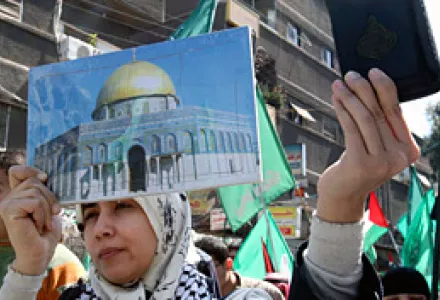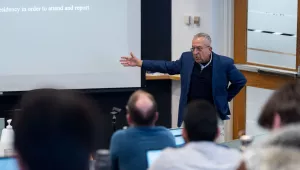Religion has been firmly back on the security agenda during the last two decades. The attention to religion picked up speed after the Cold War and came to an apex with the terrorist attacks of September 11, 2001. On the face of it, the attention seems warranted. Religion has seemingly played a role in several of the bloodiest intrastate conflicts of the last twenty years. A popular assumption is therefore that religious differences make for particularly severe conflicts. Particularly, Islam has been portrayed as having "bloody innards."
Are conflicts involving a religious dimension are more severe and is any particular religion inherently involved in more bloody confrontations than others? Despite vast public interest in these issues, the religion-conflict nexus is relatively underdeveloped. This seminar will conceptualize what a religious conflict is and discuss how religion matters for conflict onset and severity. The empirical analyses describe trends in the role of religion in intrastate conflicts through a combination of comparative case studies and quantitative analyses of civil conflicts in the post–Cold War era.
Please join us! Coffee and tea provided. Everyone is welcome, but admittance will be on a first come–first served basis.




